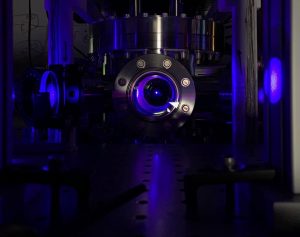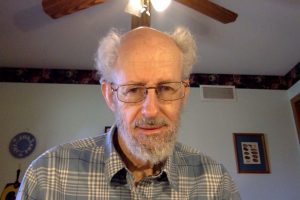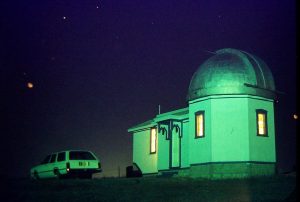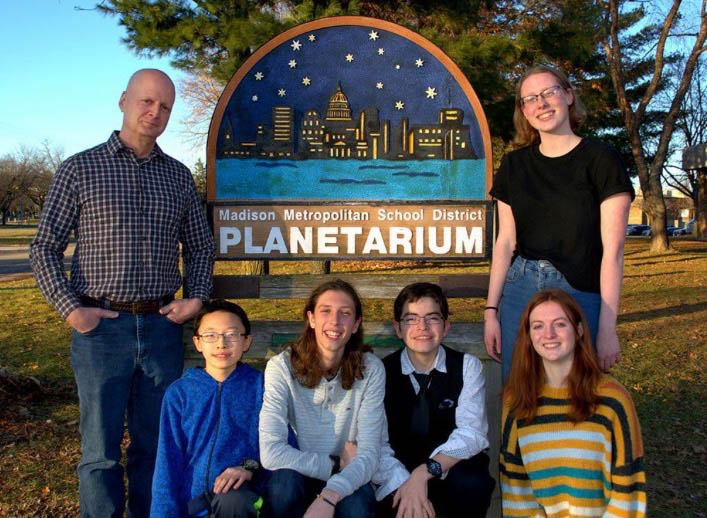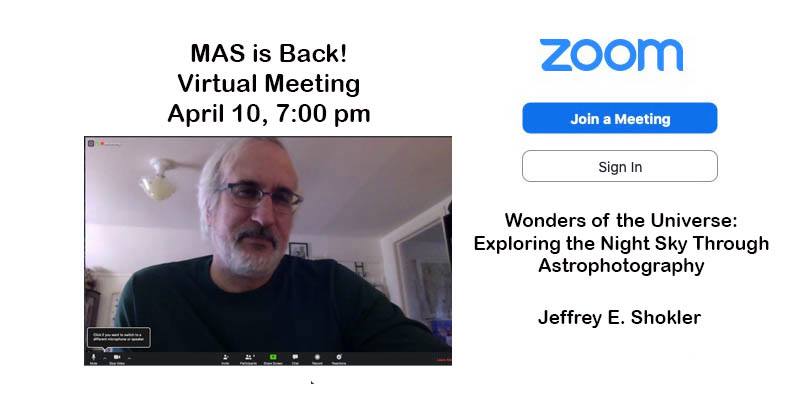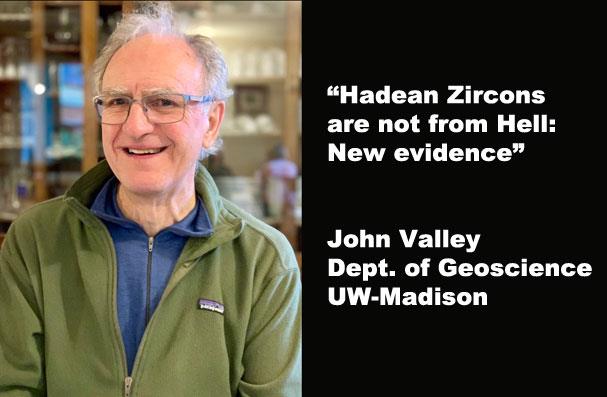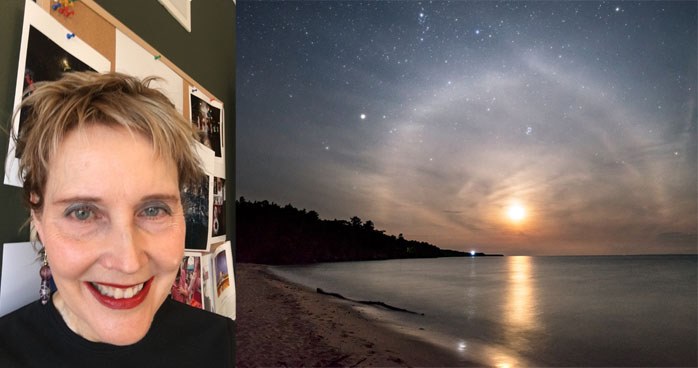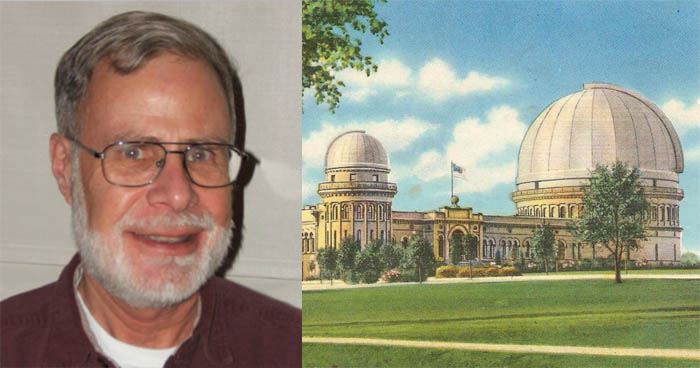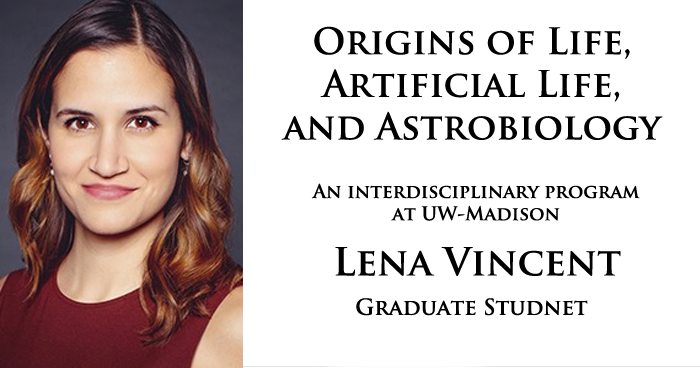Copernicus: A Life on the Frontiers
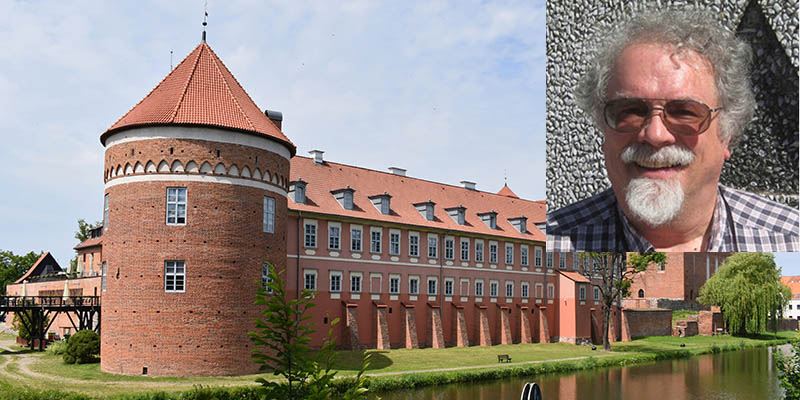
The September MAS meeting will be a virtual meeting hosted with Zoom.
UW Madison emeritus professor of the history of science Dr. Michael Shank will present on “Copernicus: A Life on the Frontiers.”
Description: An unexpected invitation to write a general-audience biography of Copernicus has forced this historian of medieval science to wrestle anew with the founding figure of the Scientific Revolution. I expected the assignment to be quick and easy. Instead, it has driven me back to the sources and completely changed my picture of the man. Copernicus was far more buffeted by Baltic politics and indebted to his late-medieval background than I had ever expected...
Read More
